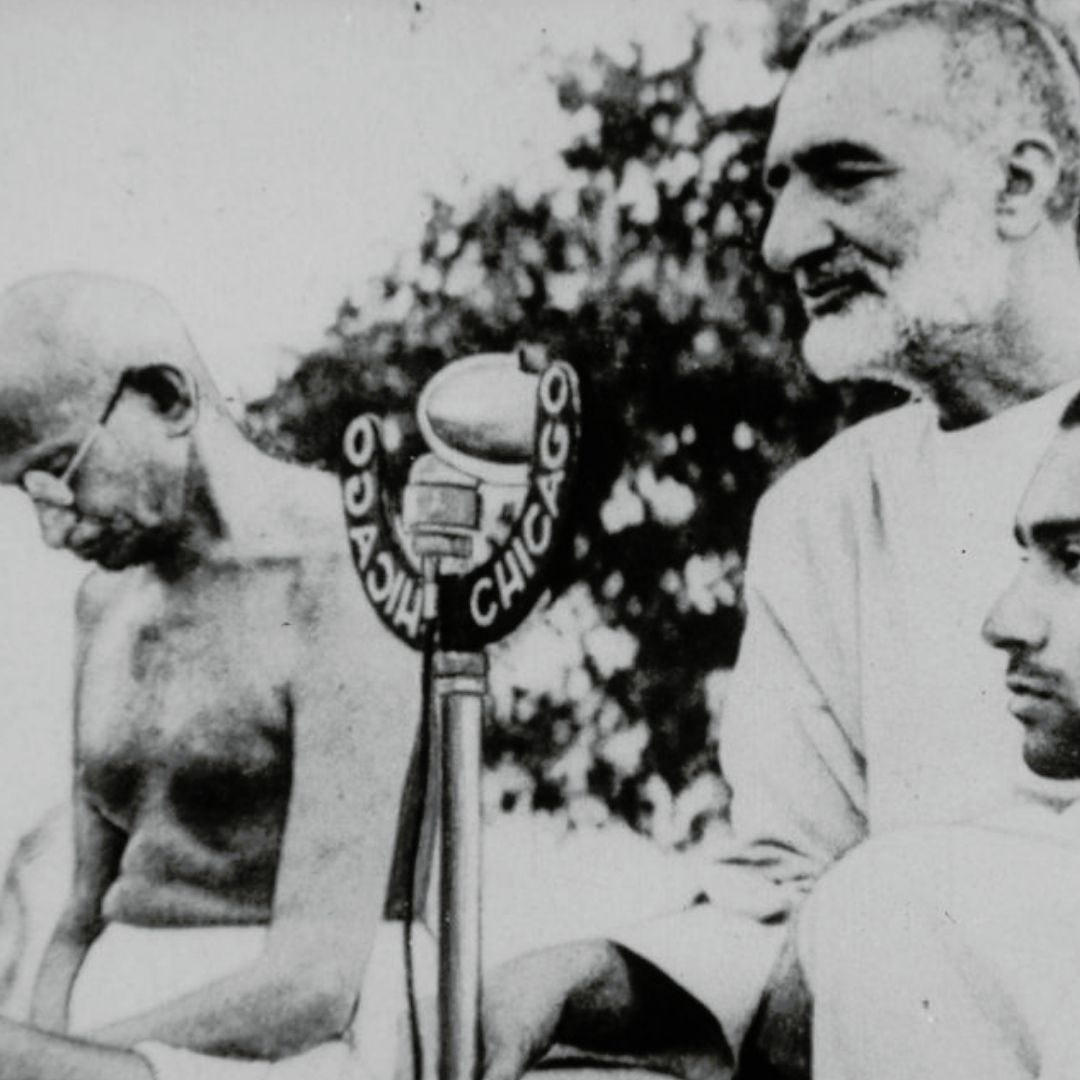
Image Credits: Wikimedia
India
Why Abdul Gaffar Khan Was Known As 'Frontier Gandhi'?
 |
|Abdul Gaffar Khan was known for rallying the public in erstwhile North-West Frontier Province, now known as Afghanistan today. He shared his views with Mahatma Gandhi and struck a wonderful friendship with the 'Father of The Nation.'
The Indian Independence movement's success is attributed to many factors, and one of the primary reasons was the mass mobilisation across the country. At the same time, we are familiar with a handful of freedom fighters, many others whose stories are relatively unknown.
An example of this is a man named Abdul Gaffar Khan. Also known as 'Badshah Khan', he is known for rallying the people in the erstwhile North-West Frontier Province of Afghanistan today.
'Khudai Khidmatgar'
Khan Abdul Gaffar Khan was born on February 6, 1890, in Utmanzai, located today in Pakistan. From a very young age, he eradicated poverty in his community. He was dubbed as 'King of all leaders' for uplifting the cause of the Pashtoon people, especially in the Independence movement.
In the 1920s, he formed 'Khudai Khidmatgar', where he persuaded scores of people to choose the path of non-violence to fight for the country's freedom. "I am going to give you such a weapon that the police and the army will not be able to stand against it. It is the weapon of the Prophet, but you are not aware of it. That weapon is patience and righteousness. No power on earth can stand against," Abdul Gaffar Khan said famously.
Frontier Gandhi And Mahatma Gandhi- Interesting Friendship
Mahatma Gandhi's Satyagraha idea inspired Abdul Gaffar Khan. He met him in 1928 and was actively involved in the independence movement. Soon, they struck an unusual yet exciting friendship as they shared the same ideologies and theories in the freedom struggle.
Their union represented the country's secular nature. The fight got people from every religious and economic background to fight the British rule. Like Mahatma Gandhi, he brought about similar changes in the province. He followed the ' Ahimsa ' path from opening schools to encouraging women to join the movement. For this reason, he was dubbed as 'Frontier Gandhi' by his colleague named Amir Chand Bombwal.
According to Frontier Gandhi, "Non-violence is love, and it stirs courage in people. No peace or tranquillity can descend upon the people of the world until non-violence is practised. However, his approach was not supported by many. Like Mahatma Gandhi, he stood vehemently against India's eventual partition.
Unfortunately, it was not meant to be as it was divided into India and Pakistan. Abdul Gaffar Khan moved to Pakistan after Mahatma Gandhi's assassination in 1948. On his 100th birthday, Frontier Gandhi addressed the Indian parliament in 1969. "I came to the land of Gandhi, and I wanted to see what has become of ideals of justice and socialism," quotes Deutsche Welle.
Abdul Gaffar Khan holds a special place in the subcontinent's history despite all the criticisms. He was awarded the Bharat Ratna in 1987, becoming the first non-Indian to receive the country's highest civilian honour.
Also Read: Celebrating The Legacy Of CN Annadurai, Whose Wit Stumped The Americans At Yale